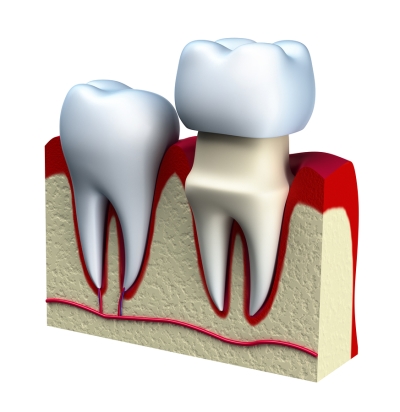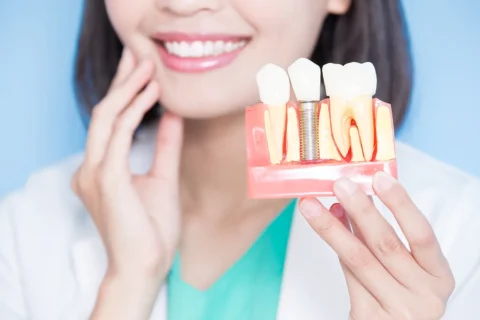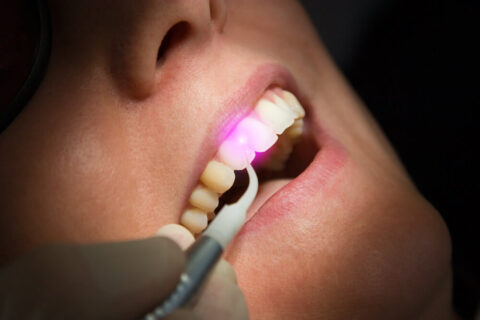Your Guide to Dental Crowns
Your dentist may recommend that you get a dental crown in Denver if you have severe structural or aesthetic damage to a tooth. Dental crowns can improve gaps in teeth, discolored teeth, broken or cracked teeth, weak teeth, and teeth that are small or worn down. Here is a look at the types of dental crowns that are available, the dental crown procedure, and how you can care for a dental crown.
Types of Dental Crowns
There are a variety of different types of dental crowns available. The one your cosmetic dentist recommends will depend upon your health, the extent of your tooth’s damage, and your aesthetic preferences. Stainless steel dental crowns are typically temporary, and are primarily used on children’s baby teeth. Metal crowns can be made from gold alloy or base-metal alloy, and they are incredibly strong and durable. They require less tooth structure to be removed, and won’t wear down the remaining tooth. Porcelain-fused-to-metal crowns are more natural looking, but cause a lot of wear on opposing teeth. Resin crowns are inexpensive, but are not very durable. All-ceramic or all-porcelain dental crowns are the most natural looking, but aren’t as durable as metal.
Dental Crown Procedure
Placing a dental crown typically requires two visits to your cosmetic dentist. During the first visit, your dentist will file and reshape your tooth to make room for the placement of the dental crown. He’ll then take an impression of your tooth, which will be used to create the crown. On your second visit, your dentist will permanently cement your dental crown into place.
Dental Crown Aftercare
Your dental crown will not require any special dental care, but the tooth that is crowned will still be susceptible to gum disease, tooth decay, and dental cavities. To prevent these problems, you must brush twice a day, floss regularly, and visit your dentist every six months for checkups. You should also avoid eating extremely hard or chewy foods, as these can damage your crown.



